By Tony Onyima
The press statement issued by the Economic and Financial Crimes Commission (EFCC) today regarding the arrest of Favour Ekoh at Urban Radio, 94.5 FM, Enugu, raises concerns about procedural propriety, press freedom, and the balance between law enforcement and media independence.
Join our WhatsApp ChannelAt the core of this issue is the controversial method employed by the EFCC in pursuing Ekoh, a radio presenter accused of involvement in a Ponzi scheme. The EFCC asserts it had to conduct a “sting operation” at the station, implying urgency to prevent Ekoh from escaping. However, entering a media house to arrest a presenter during a live broadcast can be seen as an infringement on press freedom. Even if legal, such an approach may set a dangerous precedent by subjecting journalists and broadcasters to fear of interruption or abduction in their duties, undermining the Fourth Estate’s vital role in society. The agency could have waited for Ekoh to finish her presentation and arrested her as she exited the station.
In its statement, the EFCC defends the arrest as non-disruptive, claiming that Ekoh was not apprehended on-air and that no equipment was damaged. However, the ‘Prime Time’ programme was abruptly halted at 6:35 p.m., meaning there was some form of commotion in the broadcast studio. EFCC’s explanation sidesteps the more profound issue of integrity and public confidence. An arrest of a presenter from her workplace by force could quickly appear as an attempt to silence or intimidate media personnel, regardless of the circumstances. The mention of the EFCC being temporarily held within the premises may highlight a breakdown in communication and mutual trust between the agency and the station’s management. Still, it also speaks to a lack of effective coordination and transparency.
The EFCC’s appeal to the International Press Institute (IPI) and Nigerian Union of Journalists (NUJ) to “investigate the conduct” of Urban Radio is particularly troubling. This call may be perceived as an attempt to redirect scrutiny away from the EFCC’s conduct, putting Urban Radio under the spotlight for alleged professional misconduct. Such a move can easily be seen as deflecting from the EFCC’s accountability for how it carries out its operations. Additionally, the assertion that Ekoh’s professional credentials are “questionable” is problematic; if the EFCC has evidence against Ekoh, it should be presented to the Ombudsman in a formal complaint or court, not implied through public statements that preempt due process.
Ultimately, the EFCC’s statement, while intended to clarify the facts, raises critical concerns about law enforcement’s respect for the rights of media practitioners. The public and the media community expect agencies like the EFCC to operate transparently and respect institutional boundaries, especially when dealing with members of the press.
Dr Onyima was former Managing Director/Editor in chief of The Sun, and ex- Commissioner for Information, Culture & Tourism in Anambra State.


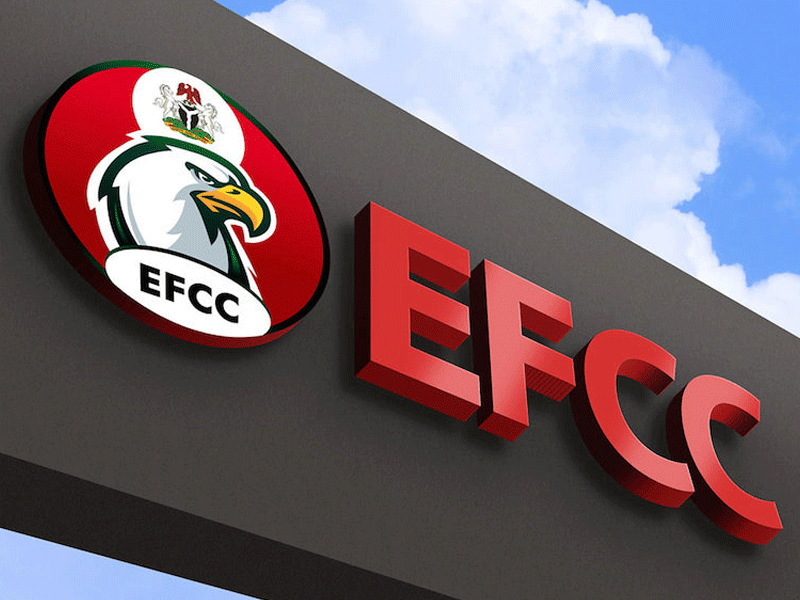

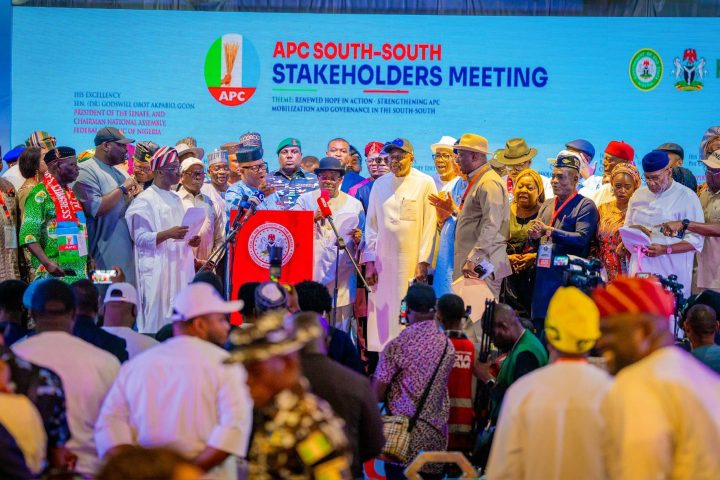
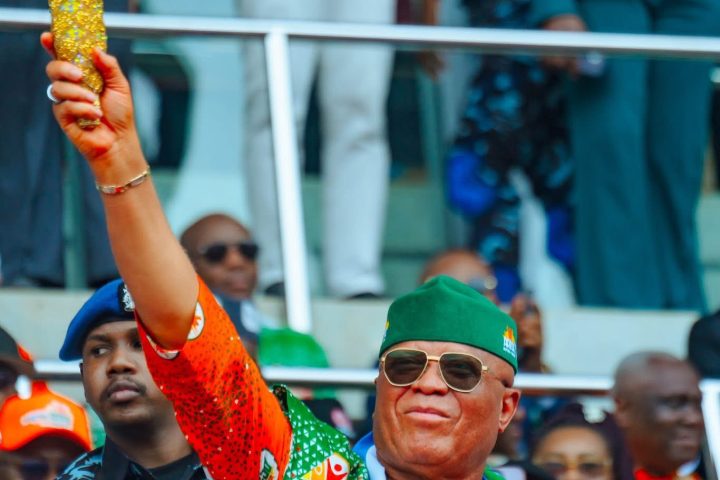








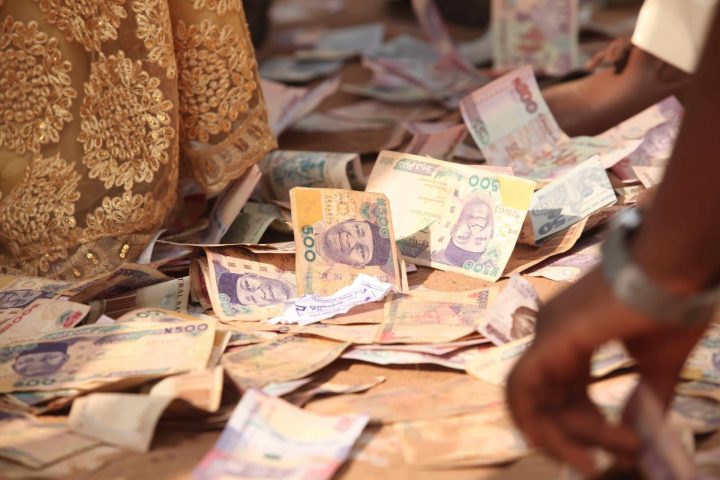
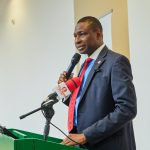
Follow Us